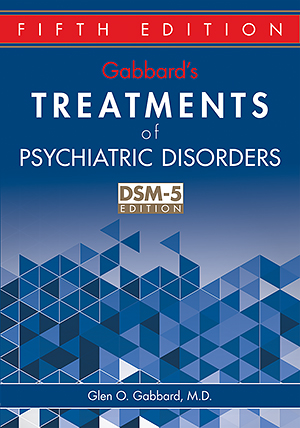Sections
Excerpt
In this chapter I provide a brief overview of the role, efficacy, advantages, and disadvantages of group therapy in the treatment of substance use disorders. I describe the complementary roles of group therapy and mutual self-help groups, the four most commonly used group therapy approaches, and important considerations in setting up and conducting substance abuse treatment groups. Additional information on these and other relevant topics is available from many other resources, including the references, recommended readings, and Web sites listed at the end of this chapter.
Access content
To read the fulltext, please use one of the options below to sign in or purchase access.- Personal login
- Institutional Login
- Sign in via OpenAthens
- Register for access
-
Please login/register if you wish to pair your device and check access availability.
Not a subscriber?
PsychiatryOnline subscription options offer access to the DSM-5 library, books, journals, CME, and patient resources. This all-in-one virtual library provides psychiatrists and mental health professionals with key resources for diagnosis, treatment, research, and professional development.
Need more help? PsychiatryOnline Customer Service may be reached by emailing [email protected] or by calling 800-368-5777 (in the U.S.) or 703-907-7322 (outside the U.S.).



